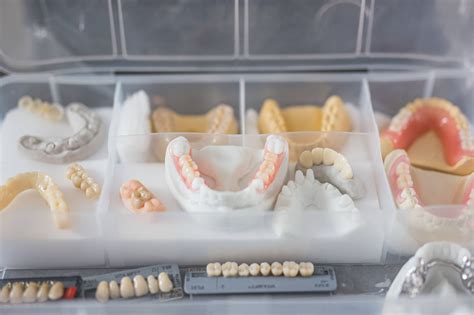False Teeth: A Timeline for Enhanced Speech and Clarity
For many individuals, the journey with dentures isn't just about regaining a confident smile; it's also about restoring clear and comfortable speech. The adaptation process, however, can be a journey with varying timelines and challenges. This article explores the typical timeline for achieving enhanced speech and clarity with false teeth, along with factors influencing this process.
What Happens Immediately After Getting Dentures?
The initial days and weeks after receiving dentures are often the most challenging regarding speech. Your mouth is adjusting to the presence of a foreign object, affecting muscle coordination and tongue placement. Expect some initial slurring, lisping, or difficulty pronouncing certain sounds. This is completely normal. The muscles need time to adapt to the new shape and bulk in your mouth. You might find yourself tired from the extra effort required for speaking.
The First Few Weeks: Mastering the Basics
During the first few weeks, you'll likely focus on basic pronunciation and comfortable speaking. Small exercises, such as reading aloud or reciting tongue twisters, can help. Concentrating on slowly and deliberately forming words is crucial. You might find that certain sounds, like "s," "sh," "th," and "f," present more difficulty than others. Don't get discouraged; consistent practice is key. This phase is all about building muscle memory and coordination.
One to Three Months: Noticeable Improvement
By one to three months, many individuals experience significant improvement in their speech clarity. The muscles are adapting, and you'll likely find that you're speaking more fluently and confidently. The initial awkwardness and effort will diminish. However, perfect pronunciation might still require some effort. Continue practicing, and consider seeking feedback from trusted friends or family to identify any remaining challenges.
Three to Six Months: Refining Pronunciation
This stage is all about refining your pronunciation and achieving optimal clarity. This involves focusing on subtle nuances in word formation and addressing any persistent issues. You might notice that certain sounds still pose a challenge. This is where personalized guidance from a speech therapist can be invaluable.
Six Months and Beyond: Long-Term Adaptation
After six months, most individuals have adapted to their dentures and achieved a high level of speech clarity. However, continued practice and awareness are vital for maintaining optimal pronunciation. Regular check-ups with your dentist are also crucial for ensuring the dentures fit properly, as any changes in fit can affect speech.
How Long Does it Take to Get Used to Dentures?
The overall adjustment period varies widely from person to person. Factors such as:
- Age: Younger individuals tend to adapt more quickly.
- Prior dental health: The condition of your gums and jawbone prior to receiving dentures can influence the adaptation process.
- Type of dentures: Complete dentures may require a longer adaptation period compared to partial dentures.
- Individual commitment to practice: Consistent effort and practice exercises significantly accelerate the process.
- Presence of underlying medical conditions: Conditions like neurological disorders can affect speech adaptation.
It is important to remember that you shouldn’t rush the process. With patience and practice, most individuals can achieve a high level of speech clarity with dentures.
What if My Speech Doesn't Improve?
If you're experiencing significant ongoing difficulty with speech clarity after several months, consult your dentist and consider seeking the help of a speech therapist. Several factors might be contributing to the issue:
- Poor denture fit: An ill-fitting denture can significantly impact speech.
- Underlying medical conditions: Certain medical conditions can affect speech.
- Need for relining or adjustments: Over time, dentures might require adjustments to maintain a proper fit.
Can a Speech Therapist Help?
Yes, a speech therapist can provide invaluable support and guidance. They can identify specific areas for improvement, design targeted exercises, and provide feedback and encouragement.
What Exercises Can I Do to Improve Speech with Dentures?
- Tongue exercises: Practice moving your tongue in various directions.
- Reading aloud: Start with simple texts and gradually increase difficulty.
- Reciting tongue twisters: This helps improve articulation.
- Singing: Singing can help strengthen vocal muscles.
Remember, regaining clear speech with dentures is a process that takes time and patience. With consistent effort and the right support, you can achieve comfortable and confident communication.

